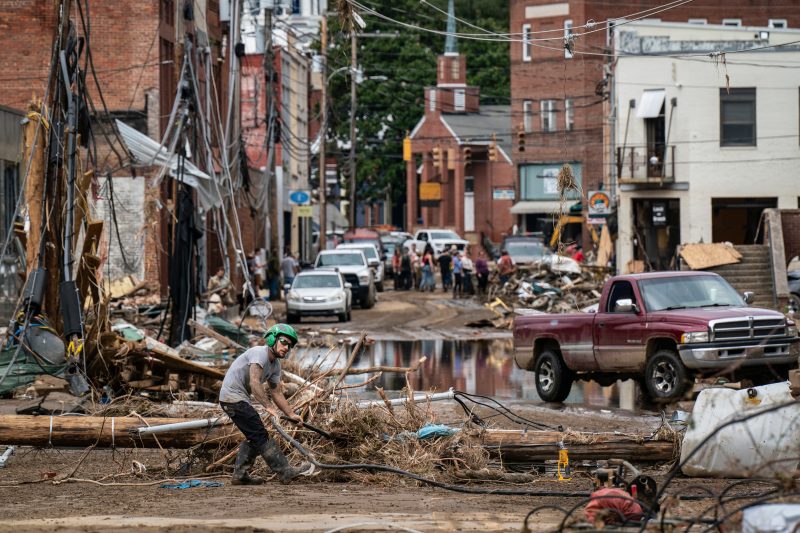The Role of Natural Disasters in Shaping Political Narratives
Natural disasters have the potential to be significant drivers in shaping political narratives, policies, and public opinion. The impact of hurricanes, earthquakes, wildfires, and other catastrophic events on communities can be profound and long-lasting, with politicians often called upon to respond effectively to mitigate damage and aid recovery efforts. In particular, the role of hurricanes as a political force in the United States has been significant, with these powerful storms sometimes becoming an X factor in national elections.
A prime example of this can be seen in the aftermath of Hurricane Katrina in 2005, which devastated the Gulf Coast region and particularly New Orleans. The slow response from the federal government under President George W. Bush was heavily criticized, and the handling of the disaster became a major issue in subsequent elections. The failures exposed during Katrina had a lasting impact on public perception of government competence and disaster preparedness.
In more recent years, hurricanes have continued to shape political debates and outcomes. The 2016 presidential election in Florida, a crucial swing state, saw both candidates focusing on climate change and disaster management policies in the wake of several major hurricanes that hit the state. The devastation caused by hurricanes such as Irma and Maria in Puerto Rico further underscored the importance of effective disaster response and recovery efforts in the political landscape.
Looking ahead to the 2024 election, the potential influence of hurricanes as an X factor cannot be underestimated. As climate change worsens and extreme weather events become more frequent and severe, the ability of political leaders to address these challenges will be crucial. Voters are increasingly concerned about environmental issues and expect their representatives to prioritize sustainable and resilient policies that can prevent and mitigate the impact of natural disasters.
In conclusion, the role of natural disasters, particularly hurricanes, in shaping political narratives is a complex and evolving phenomenon. Effective disaster response and recovery efforts are essential for political leaders to garner public trust and support. As the frequency and intensity of extreme weather events continue to rise, the ability of politicians to address these challenges will be a defining factor in future elections and the overall governance of a nation.

